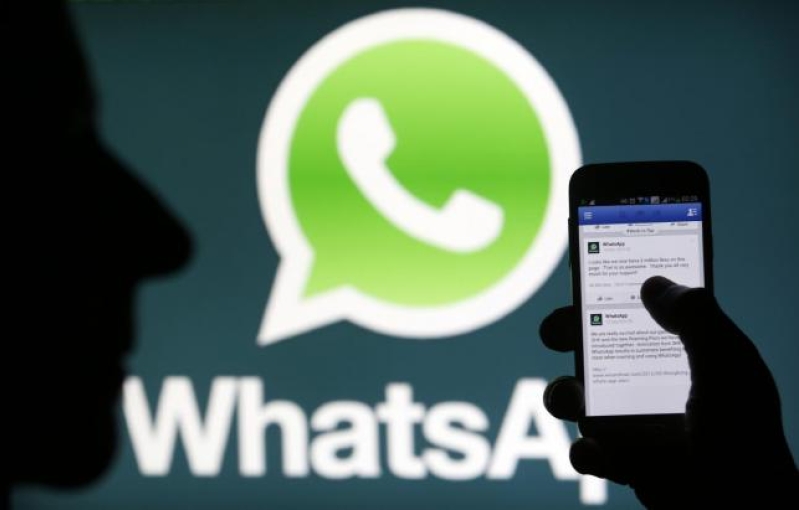
WhatsApp reached a milestone this week. It achieved a billion monthly active users only seven years after its launch.
QZ reports that WhatsApp, the messaging platform owned by Facebook surpassed more established online communication platforms such as Gmail and Facebook Messenger/Chat. On a blog post, WhatsApp reported that it now has a billion monthly active users, cementing its position as the world's most popular messaging app.
Tencent's QQ Messenger followed in the second position, but not quite close to WhatsApp's number. It only has 860 million monthly active users while Facebook Messenger is said to have 800 million active users. It is hard to know how many active users Google Hangouts, Google's own messaging app, has because individual user figures for the product do not exist. However, if the pace of WhatsApp growth is to be compared to that of Gmail, WhatsApp has the upper hand.
It took only seven years after its launch for WhatsApp to amass such a number of active users. Gmail have also reached one billion users, but it took it 11 years to achieve that. Facebook Chat turned into the Messenger started in 2008, only has 800 million active monthly users to date.
According to BBC, WhatsApp is not only used for social chat and event planning. Its billion users also take too WhatsApp whenever they want to share groundbreaking news live to their contacts. BBC claimed that WhatsApp particularly aided news organizations to reach all corners of the world for news, even in those areas where media are blocked. For example, BBC News was able to get fresh news from Tunisia through the app when a gunman was shooting on a beach outside El Mouradi Palm in Tunisia, and armed police were storming the area. A total of 38 people were fatally shot in Tunisia on 26 June 2015, and BBC was able to cover it promptly because of WhatsApp users, some of which got in touch with the news outlet themselves to report their experiences.
The same goes of Paris attacks and the Nepal earthquake. BBC also reported that ordinary citizens used the app to communicate with their loved ones when they reside in other parts of the world. They said that it is the cost-effective way to keep in touch and stay updated. Without it, they would feel isolated. It is their best alternative for their mobile networks, which charge them an arm and a leg to communicate with friends and family in other countries, especially when they want to send photos.






